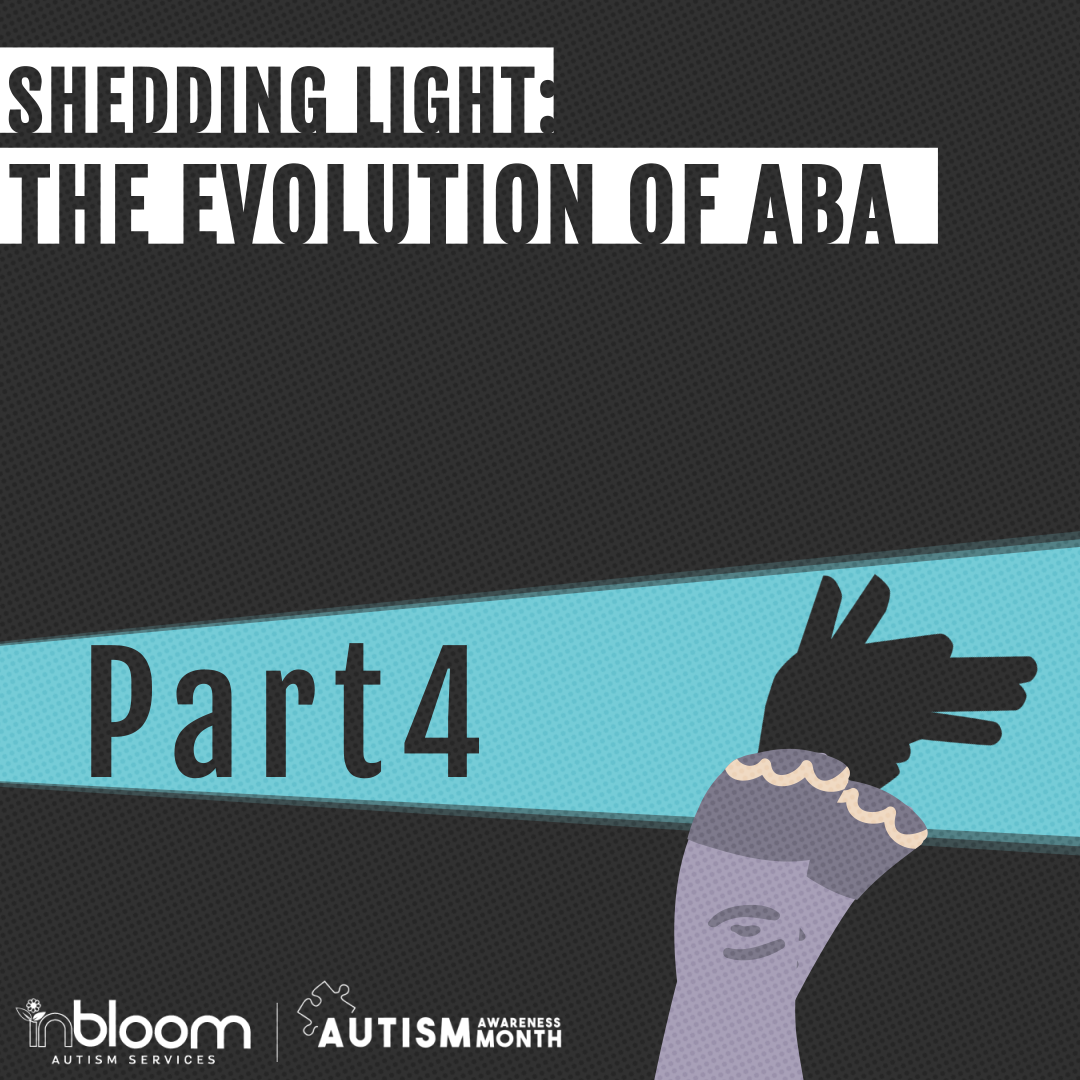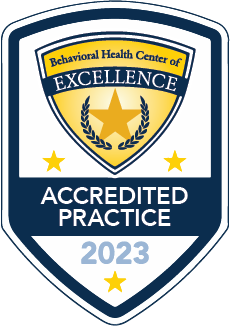Regulation and Supervision in ABA

Under-qualified people doing technical jobs can have some pretty big consequences! Without using proper techniques people can be injured, the work can be unproductive, and actually cause regression in performance. This applies to almost any industry, not just ABA. Companies misrepresent their employees, under-train them in the specific skills they need to be successful, and bring on candidates with red flags in order to satisfy a need–all of these things can lead to someone stepping in the role of who you thought was actually qualified to provide a service.
We’ve all been to that dinner party where you meet someone new and they introduce themselves–Let’s call them Bob. You ask Bob what he does for a living and he says that he’s a doctor. “That’s cool, Bob.” An hour later, you’re enjoying an h’orderve and you suddenly choke on a meatball. Oh no! The whole room whips around and asks Bob the doctor to step in and help in the time of crisis, but that’s when he clarifies… he’s a doctor of philosophy. Okay. Maybe you haven’t been in this exact scenario, but you can certainly imagine it, and how easily people can misrepresent themselves. We’re not trying to knock any doctors of philosophy, just trying to make a point here. Sometimes these misrepresentations are innocent and unintentional; Other times, they can be both intentional and ultimately, dangerous.
The Behavior Analysis industry only recently began regulating some of the behavior analysts and therapists who are providing services. While the school of thought has been around and formally studied for nearly a century, it was only in 1999 when the BACB (the certification board) began credentialing Behavior Analysts as “board certified” to practice ABA. This helped to make sure that those who are supervising and creating treatment plans are not only held to a certain code, but also have the fundamental skills necessary to carry out effective treatment.
Okay…but what about the therapists?
During this time, the Behavior Analysts were creating treatment plans, and then teaching non-certified people to implement the treatments that they designed. These people that they were supervising became known by a variety of names such as “Behavior Therapists”, “Behavior Interventionists”, “Behavior Techs”, however there was no certification or regulation for those working under Behavior Analysts.
In 2014, the BACB began credentialing these therapists working under the Behavior Analysts as “Registered Behavior Technicians”, or RBTs. This qualification ensures that the therapists had a good foundation of the basic principles of behaviorism, and could apply those skills when working with a child. Additionally, it bound those therapists to a code of ethics.
Great! Problem solved! Right?
While this certification provided a way to help distinguish qualified therapists from unqualified therapists, not every company requires their therapists to hold this credential. Some companies are training therapists to their own standards, but not to the full extent required by the board, and then sending them into the field.
Imagine falling ill, and going to a hospital where they did not require their nurses to be certified. With some basic medical knowledge and their own personal life experiences, the “nurses” might be able to pass for a while–they can probably figure out how to take your temperature, your blood pressure, and collect your symptoms. What happens when the situation calls for a more complex intervention, such as reading a heart monitor accurately, administering medication, or hooking up an IV? The lack of training and regulation becomes more concerning.
In ABA therapy, the misrepresentation of therapist certification happens all the time. Sometimes, these “therapists” have worked at companies that simply give them the title, and the employee doesn’t know any different. Other times, the employee has gone about intentionally referring to themselves as the “RBT”, and employers never took the time to verify their certification. Until 2019, Insurance Providers did not require therapists to be certified–a company could bill services to these insurances under any person without any proof of training, knowledge or understanding of the field. This year, healthcare coverage organizations such as Medicaid, Tricare, and United Health Care are requiring for therapists to hold and maintain the RBT certification.
Well what’s so good about the Certification anyways?
The RBT certification is governed by the BACB (Behavior Analysis Certification Board) and is an international certification. The certification requires 40 hours of training to be completed, and is followed by a competency assessment, or a live demonstration of those skills with a Board Certified Behavior Analyst. Once the therapist has completed those and undergone a background check, they are then eligible to sit for a board exam testing the comprehension of those skills.
The certification also maintains that a therapist should be supervised frequently and consistently by a board certified Behavior Analyst.They have even set a required minimum for the hours they should be directly observed, and requires that they upkeep their certification annually by demonstrating the application of their skills each year.
But it’s not just skills we’re talking about!
The RBT certification also bounds these clinicians to a set of ethics that ensures that the therapists are conducting therapy using best practices. It holds them accountable for those ethical responsibilities and ensures that there is a place to report any unethical behavior or concerns. Therapists who are not certified are not professionally bound to the same ethics as they can operate independently–there is no governing body providing checks and balance to the work they do.
Therapists who are not bound by this certification may be receiving improper training, infrequent training, or may be operating without supervision at all. Since there is no board to govern them, they are acting as free agents. This can lead to responding to behaviors in ways that not only can make the behaviors worse, but can also become dangerous for the safety of the child and others in the environment. Like Bob from the dinner party, untrained or misrepresented therapists can find themselves in a crisis situation without the proper tools to respond appropriately.
Many times, when people witness abusive, unethical, or immoral treatment during ABA therapy, they are seeing an improperly trained or completely untrained therapist in action. Insurance companies are beginning to realize the importance of this certification in providing consistent, effective, and safe therapy. Parents should be aware as well! Check with your company to see what their hiring qualifications are for the therapists who are servicing your child. Here are some more questions to ask your provider while you’re at it: What Questions To Ask ABA Providers, and the Answers To Look For
Final Thoughts
By ensuring that the therapists on your case are actually Registered Behavior Therapists, you can ensure that they have met the basic requirements of practicing effective and ethical behavior therapy, and are regularly supervised by a BCBA. To verify, you can look up any therapist on the BACBs national registry at: BACBs National Registry


